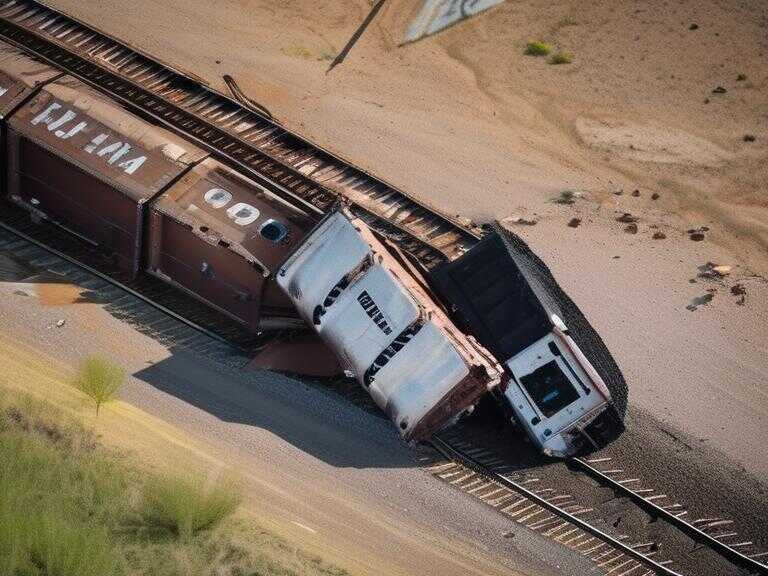
California Struggles to Meet Ambitious Organic Waste Reduction Targets

California's ambitious waste reduction targets are facing significant hurdles as the state struggles to implement food recycling programs and keep organic waste out of landfills. The state aims to slash the amount of organic waste sent to landfills by 75% by 2025, but with challenges ranging from behavioral changes to operational logistics, meeting this goal is proving to be a considerable challenge.
Despite launching an initiative to divert organic waste from landfills two years ago, California is grappling with delays in setting up food recycling programs. This delay has led to widespread acceptance that next year's waste reduction targets will likely not be met. The unavailability of contracts to haul organic waste, compounded by the impact of the pandemic on operational timelines, has hampered the swift implementation of these programs.
Officials have called on the Environmental Protection Agency (EPA) to address the alarming issue of food waste and methane emissions. Organic materials like food scraps and yard waste emit methane, a potent greenhouse gas. The state's goal is to mitigate these emissions by diverting organic waste to compost or biogas facilities, thus preventing its accumulation in landfills.
Efforts to encourage residents and businesses to sort organic waste into separate bins have been met with challenges in changing people's behavior within a short timeframe. Coby Skye, the retired deputy director for environmental services at Los Angeles County Public Works, emphasized the difficulty in educating and changing people's behaviors, especially when convenience is a priority.
The logistical and operational obstacles in managing the collected organic waste add to the complexity of the situation. While some communities are struggling to manage the surplus of compost generated, others face challenges in finding space to store and utilize nutrient-rich compost. Cities like Chula Vista are experiencing difficulties in meeting the legal requirements for compost utilization due to storage constraints and high transportation costs.
Amid these challenges, efforts are being made to explore alternative solutions for managing organic waste. One such initiative includes linking cities struggling with compost utilization to farmers in need of nutrient-rich material for their soil. Additionally, the conversion of food waste into biogas to fuel vehicles or industrial operations is being explored as an alternative energy solution.
While the state faces daunting challenges in meeting its waste-reduction goals, environmental advocates like Heidi Sanborn support the initiative and call for additional measures to address issues such as keeping plastics out of compost and developing alternative energy solutions. Despite the obstacles, there is a collective belief that California is on the right path, albeit with significant hurdles to overcome, on its journey towards waste reduction.
Share news















